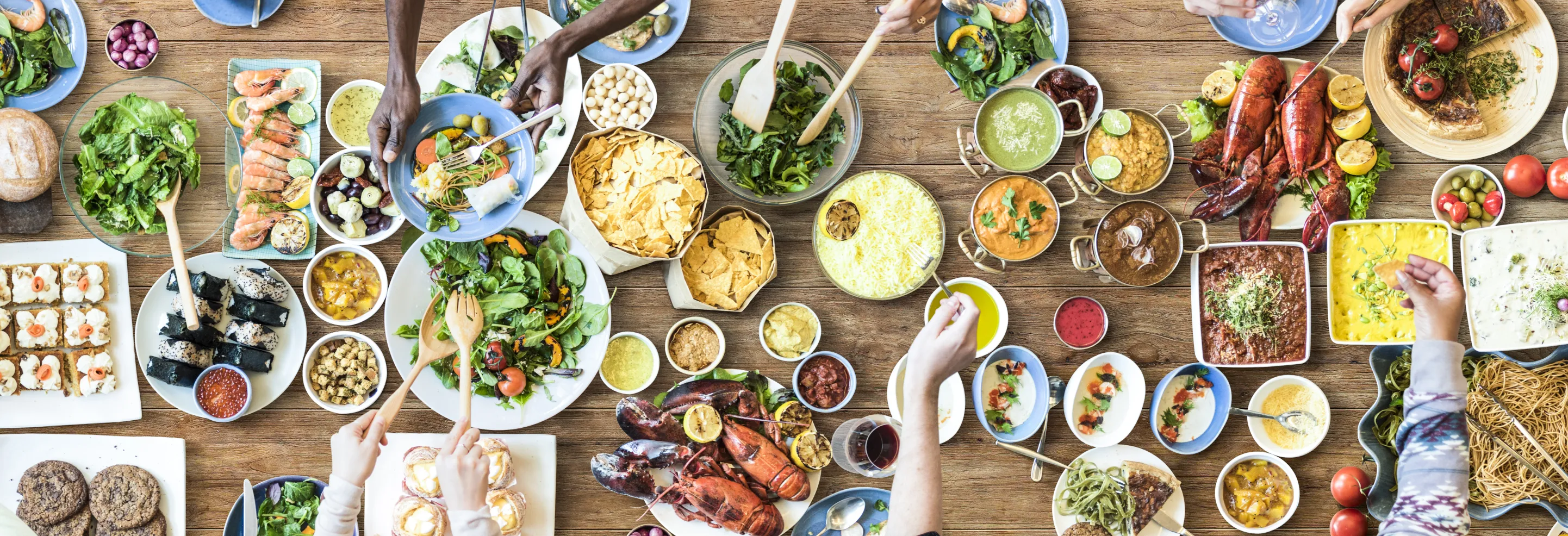
Food and Migration
Food and Migration
-
Duration1 semester
-
Credits6 ECTS | 3 US
-
Start dateSpring: from January 19 to April 22, 2026
-
Modality
-
Languages

Thank you very much for your interest.
You will receive a confirmation email shortly.
This course analyzes Barcelona’s socio-cultural context through the lens of food to gain an understanding of the complexities that arise with migratory processes. We explore the origins of “national” cuisines, examining how food culture has always been shaped by immigration and exchange.
Digging into Barcelona’s migrant landscape, we use food to discuss topics relating to personal and collective migrant identity, adaptation, assimilation, adjustment, “authenticity,” and fusion.
We then turn to the city’s modern foodscape, honing in on the influences brought by immigration and globalization, paying attention to power dynamics, cultural preservation, economic interest and more.
This course will be of special interest to students from the fields of anthropology, sociology, history, media studies, cultural studies, geography, business and communication.
A key part of our mission at the Food Studies & Gastronomy Program is to provide students with immersive, hands-on learning as part of their study abroad experience.
We firmly believe that a study abroad experience strictly restricted to the four walls of a classroom makes no sense. That’s why our approach is rooted in experiential learning, an engaged learning process whereby students “learn by doing” and by reflecting on the experience.
We capitalize on Barcelona’s local traditions and privileged landscapes to enrich our experiential learning methodology – our students learn in action, first-handedly taking in the city’s vibrant history and culture to stimulate their personal and academic growth while abroad.
All our courses include field studies and opportunities for hands-on learning, and we make sure to reference the world outside the classroom in every single class.
Here are just some of the field studies and experiential activities our courses can include: